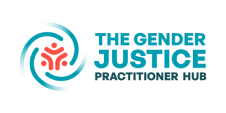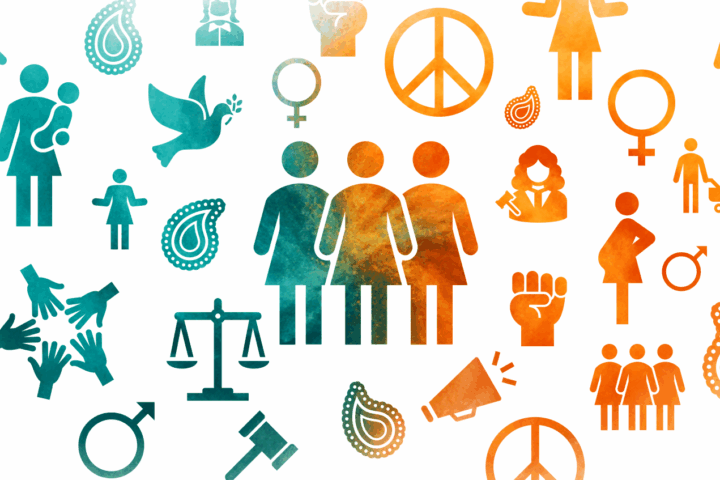In recent years, a well-funded, well-organised anti-gender movement has gained momentum globally, undermining gender equality efforts by spreading misinformation, influencing policies, and restricting rights, creating a significant challenge for practitioners and institutions advocating for inclusive justice.
The impact of the anti-gender movement can be clearly seen in legislative and policy reform reversing, limiting and/or slowing progress towards gender equality around the world. The anti-gender movement is not new but has recently gathered pace and intensity in the Global North. It is recognised that activists in the Global South have long-confronted deeply entrenched opposition from the anti-gender movement and have vital experience and critical strategies to share. There is escalating global hostility on gender, including on specific issues such as LGBTQIA+ rights, sexual and reproductive health, and diversity, equity, inclusion (DEI), and the prevailing narrative appears to be one that threatens to entrench inequality worldwide.
There have also been impacts at an operational level within justice and accountability institutions. Preliminary information suggests there is a risk of pressure to a) reduce focus or deprioritise investigation into gendered crimes or human rights violations which predominantly affect women or girls, and b) to remove gender-competent and intersectional approaches from analysis of crimes and violations, writ large. There are also instances of ‘pre-emptive compliance’ – i.e. individuals or institutions scaling back work on gender or gendered issues in anticipation of formal direction to do so or due to an impression that gender analysis is no longer a requirement. These pressures coincide with increasing direct institutional challenges: the US has pressured UNICEF and UN Women to end promotion of DEI, and gender ideology, while other states have also announced significant cuts to funding for gender programming within the UN system.
These challenges come at a critical time for the meaningful incorporation of gender into justice and accountability initiatives. In Syria, Afghanistan, Ukraine and Sudan, justice facilitation opportunities are emerging now – future gender justice outcomes will be undermined and diminished unless concrete steps are taken soon to prioritise gender where these opportunities arise.
With this in mind, the Gender Justice Practitioner Hub has launched a series of online discussions that are bringing practitioners together to explore the impact of this movement, with a view toward developing tools, support mechanisms, and strategies for countering these challenges. These conversations will also help shape this year’s Gender and International Criminal Law Conference, which is expected to take place in October 2025.

